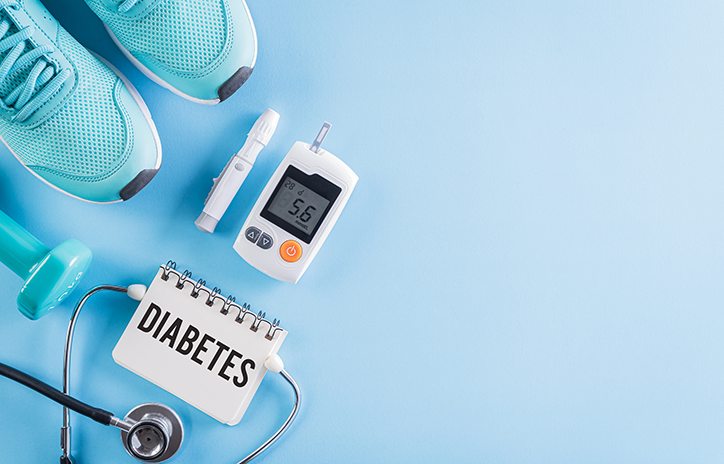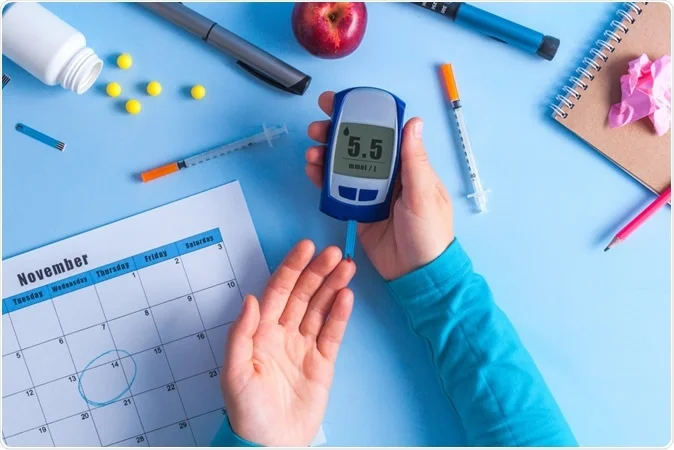Stop Diabetes & Its Complications
Diabetes is the leading cause of cardiovascular complications, among other harmful consequences. If left uncontrolled, the results for the patient are dire.
At Reflex Diabetes Centre of Excellence, our priority is to educate patients and their loved ones on Diabetes and how to prevent it.
With authoritative medical information and resources, we can prevent diabetes and its complication. It is our mission at Reflex Diabetes Centre of Excellence.

What is diabetes?
Diabetes is a metabolic disorder where the body cannot transport enough glucose to muscles and other body organs from the bloodstream.
The primary mechanism of moving glucose to muscles utilizes insulin. This disorder leads to the accumulation of glucose in the blood.
As glucose levels increase in the blood and decrease in the muscles, the body tries to compensate. The compensation mechanism may involve the excretion of glucose in the urine. This helps the body get rid of excessive glucose. It also triggers frequent urination (Polyurea). The muscles, deprived of enough glucose, will trigger a sense of hunger to compensate (polyphagia). The frequent urination will eventually lead to dehydration, inducing a sense of thirst and dry mouth (Polydipsia).
As a generalization, Diabetes is categorized as :
Type 1 Diabetes, also known as child onset diabetes and
Type 2 Diabetes, also known as adult-onset diabetes. The two types are different in how they affect the body, and their treatment is different.
Pre-diabetes is a serious health condition where blood sugar (glucose) levels are higher than normal but not high enough to be diagnosed with diabetes. Pre-diabetes puts individuals at increased risk of developing Type 2 Diabetes, heart disease and stroke. This condition requires treatment to prevent or delay the onset of Diabetes.
Some ladies may experience high glucose during pregnancy. This condition, known as Gestational Diabetes, requires treatment. While it is usually temporary to the pregnancy, it highlights the need for mitigation and prevention of diabetes in the future.

Why is my body unable to transport glucose effectively now while it has in the past? What happened?
There is no singular factor that this can be attributed to. Instead, multiple factors can lead to this outcome. In Type 1 Diabetes, the pancreas is not producing sufficient or any insulin at all. The rest of the body is healthy, which offers the opportunity to provide supplemental insulin to bring the body back on track.
In Type 2 Diabetes, insulin is present at normal or near-normal levels. Yet, the insulin sensitivity is affected, requiring a higher amount of insulin to compensate. Treatment options vary depending on the patient’s age, ethnicity, other medical conditions, and lifestyle—more on this in the Treatment section.